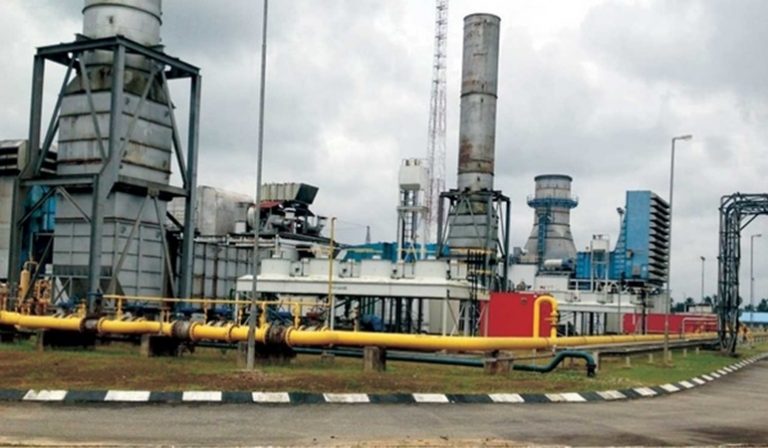The International Monetary Fund (IMF) has warned that the Naira will further depreciate by about 35 percent this year, potentially leading to an inflation rate peaking at 44 percent before monetary policy tightening could bring the situation under control.
In its February 2024 Post–Financing Assessment and Staff Report, the IMF noted that Nigeria’s monetary policy is currently insufficiently tightened to bring inflation below 20 percent while pressures on the Naira persist. Amid the absence of local production and the recent liberalisation of commodity imports, the exchange rate would likely depreciate further.
The IMF also highlighted the uncertainty over Nigeria’s net international reserves level, which poses additional risks, as would exogenous further shocks that impact external stability, poverty, and food insecurity.
The report further stated that the fiscal deficit could increase above six percent of GDP in 2024 and 2025, driven in part by increased transfers to quell social unrest and a rise in the implicit fuel subsidy.
“With limited external financing options and higher expenditures, there is increasing use of CBN and domestic financing. The authorities implement expenditure measures in 2026, for example, phasing out the implicit fuel subsidy but the debt to GDP ratio still rises by six percentage points above the baseline by 2028,” the report stated.
The IMF warned that the spike in inflation and rise in uncertainty could trigger portfolio outflows, and Nigeria might be unable to access Eurobond financing. Reserves could decline to $17 billion in 2025. Obligations due under the RFI could peak at over eight percent of officially reported reserves.
“Nigeria would be able to repay the fund, even in the downside scenario. This assumes that the authorities continue to prioritise external debt service. However, debt service would compete directly with urgent humanitarian needs to tackle rising poverty and food insecurity that would need to be prioritised,” the IMF cautioned.
The report concluded by reiterating the uncertainty over Nigeria’s net international reserves level and the potential risks posed by exogenous further shocks that impact external stability, poverty, and food insecurity.




